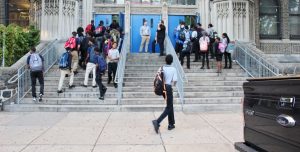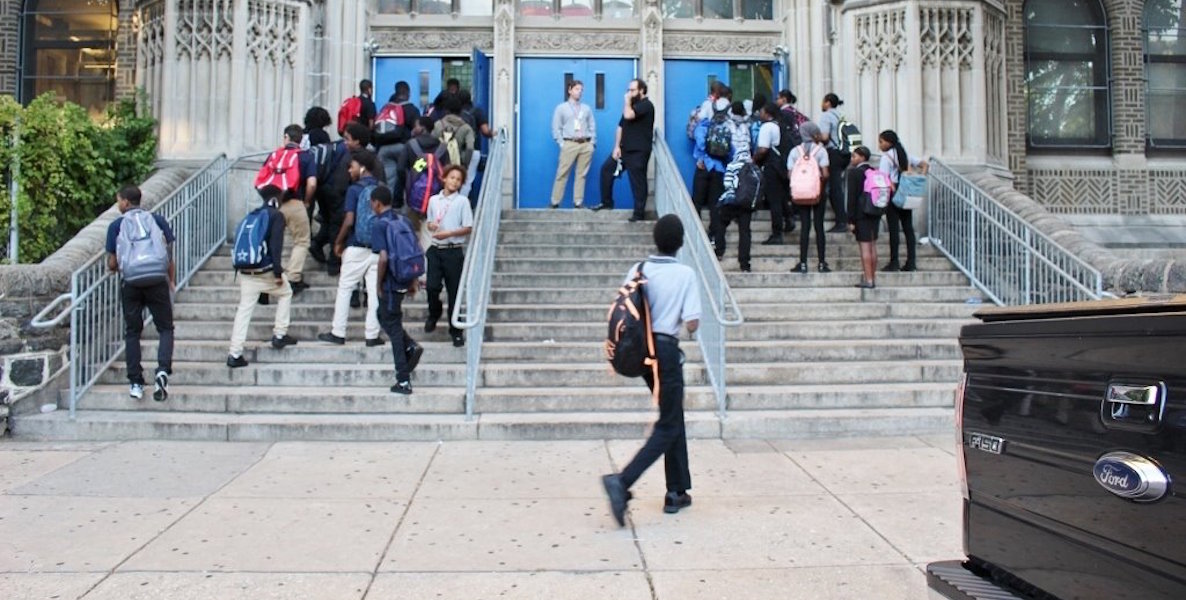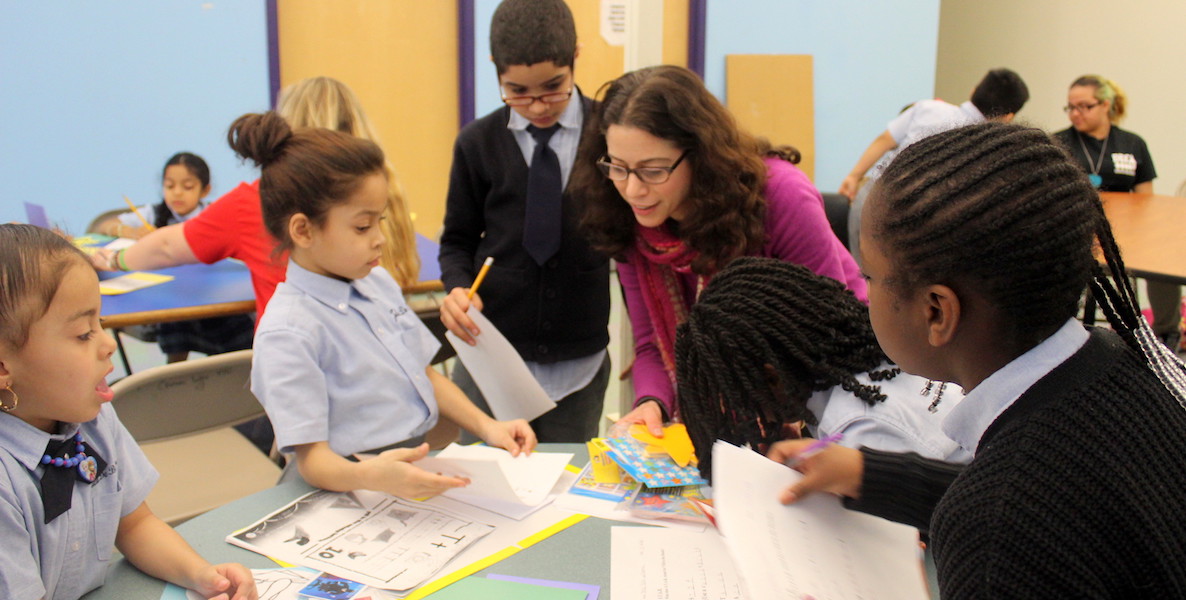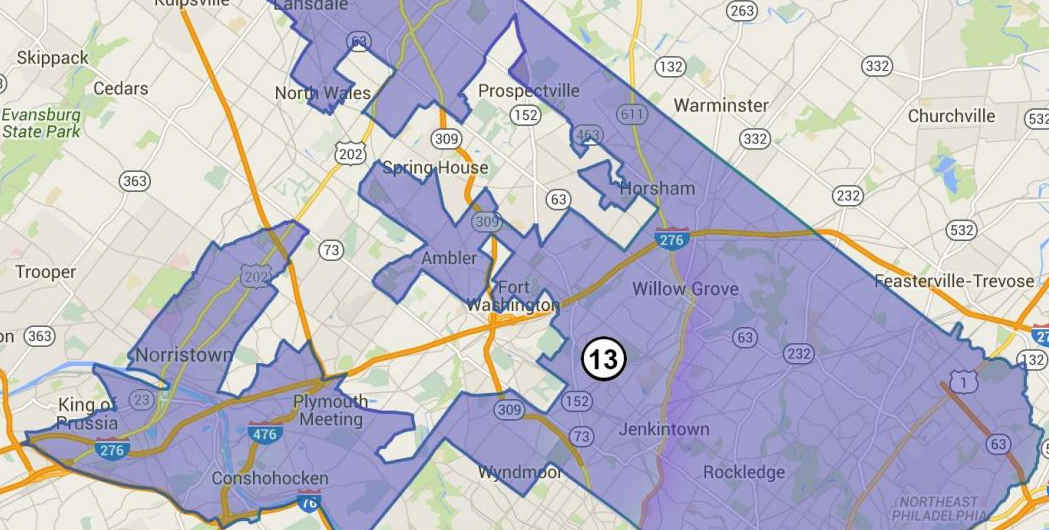Ideas We Should Steal: Teaching Empathy in Schools
In Denmark, students learn empathy the way they learn math, in school. Not coincidentally, the Danes are the happiest people on earth
By Roxanne Patel Shepelavy

“As Jessica Alexander and Iben Sandahl describe in their new book, The Danish Way of Parenting: What the Happiest People in the World Know About Raising Confident, Capable Kids, Danish students spend part of every week following a deliberate curriculum to help them hone their social skills and become more generous, compassionate and socially-conscious people.
The programs start in kindergarten, with children being shown pictures that express different emotions. They identify them, talk about what the pictured child might be feeling, and how they might help that child—teaching them how to read people’s faces as a way to understand what they’re feeling. As they get older, the curriculum ages with them. In some middle schools, Alexander and Sandahl describe, students have weekly problem-solving sessions, addressing arguments they’re having with each other, or problems they have at home, or situations they encounter at school, like bullying or cliques. They all focus on the same things: Listening to each other, working through problems as a group, and learning from other people’s experiences.
![]() Perhaps most importantly, they learn, from a young age, that being connected socially—and empathetically—to other people is as important as securing a high grade on their exams. They carry this with them beyond the school walls, into adulthood and their communities. It’s like counteractive programming: Yes, survival requires selfishness; but living takes something much harder—generosity.”
Perhaps most importantly, they learn, from a young age, that being connected socially—and empathetically—to other people is as important as securing a high grade on their exams. They carry this with them beyond the school walls, into adulthood and their communities. It’s like counteractive programming: Yes, survival requires selfishness; but living takes something much harder—generosity.”
UPDATE: Shortly after we ran this article in August urging American schools to teach empathy, the way they do in Denmark, we learned about Christa Tinari of Peace Praxis, whose company brings research-based social emotional learning (SEL) programs into schools around the country. In the fall, she launched a public lecture series on teaching empathy in children, bringing the lessons out of the classrooms directly to parents.

YOUR CITY DEFINED:GERRYMANDERING
How to disenfranchise voters the American way
By Stephen St.Vincent
 “’Gerrymandering’ is when districts are redrawn deliberately to give an electoral advantage to one party over the other. The goal of the gerrymanderer is to draw districts that are skewed in favor of his or her own party.
“’Gerrymandering’ is when districts are redrawn deliberately to give an electoral advantage to one party over the other. The goal of the gerrymanderer is to draw districts that are skewed in favor of his or her own party.
Pennsylvania is a great (ok, terrible) example of gerrymandering. In 2014, there were about 4 million registered Democrats and about 3 million registered Republicans. You would expect, then, that Democrats would have a majority in the state House of Representatives. If all held according to averages, the state House should have something like 116 Democrats and 87 Republicans. But, thanks to gerrymandering, it’s practically flipped, with only 84 Democrats and 119 Republicans.
![]() Fortunately, there is a better way. Algorithmic redistricting focuses on a second rule in addition to ‘one person, one vote’: compactness. Compactness basically measures how ridiculous a district looks. The closer a district is to looking like a circle, the more compact it is, and therefore the less likely it is to be biased. The less it looks like a circle, the more we should be wary of gerrymandering. Not every district can look like a circle, but no district should look like a salamander. The only data used by algorithmic redistricting are population and location; there’s literally no other information, so that the results can’t be biased by anything.”
Fortunately, there is a better way. Algorithmic redistricting focuses on a second rule in addition to ‘one person, one vote’: compactness. Compactness basically measures how ridiculous a district looks. The closer a district is to looking like a circle, the more compact it is, and therefore the less likely it is to be biased. The less it looks like a circle, the more we should be wary of gerrymandering. Not every district can look like a circle, but no district should look like a salamander. The only data used by algorithmic redistricting are population and location; there’s literally no other information, so that the results can’t be biased by anything.”
UPDATE: Since this story ran last February, there has actually been some news in the world of gerrymandering. For a problem that’s so pervasive, gerrymandered districts are rarely overturned by courts. But in December, a panel of federal district court judges overturned Wisconsin’s state legislative districts, which were drawn in 2011. They found that the maps, drawn by Republicans, unduly discriminated against Democrats.
This was only the second time in U.S. history, and the first time in 30 years, that a federal court overturned a legislative redistricting scheme as unconstitutional due to gerrymandering. The Constitution Center made a podcast about the case, which you can listen to here, for all of the legal implications of the court’s ruling. The case, naturally, will be appealed to the Supreme Court, meaning that it likely won’t be settled until late 2017 at the earliest.
In Pennsylvania, the big news related to gerrymandering was actually the passage of the constitutional amendment to raise the mandatory judicial retirement age from 70 to 75. By increasing the retirement age, two Democrats (and only one Republican) will be permitted to stay on the court through any challenge to the redistricting plan following the 2020 Census. In other words, the change likely ensures a Democratic majority on the court when, as is expected, Republican-drawn maps are challenged before them.

AN OPEN LETTER FROM A PRINCIPAL TO THE POLICE
As the school year starts, please remember why you’re here: To protect our students, not harm them
By Sharif El-Mekki
 “Dear Police Officers,
“Dear Police Officers,
In case you haven’t taken the time to notice, our students are amazing. Not a little amazing either. Very amazing. They are awesome!
I wanted to tell you that, but I am also writing out of some deep and ongoing frustrations—some from national incidents, some local—all problematic and deeply concerning.
Today, the scene at our students’ dismissal was dangerous—and not because of anything our students were doing. Officers on dirt bikes speeding on the sidewalk, aggressively barking orders to kids who were doing nothing but catching up with their friends and watching officers act crazy, made no sense. Our school staff want our students and the community to be safe. You claim to want the same thing. There are ways that you can partner with us, but you need to be open to feedback and a real partnership. Our students deal with enough bullies. They don’t need bullies with badges to join the fray.”
![]() UPDATE: Shortly after this story ran in September, Mastery Shoemaker Principal Sharif El-Mekki—a regular contributor to The Citizen—got an unexpected phone call. Police Commissioner Richard Ross read his open letter, and wanted to talk to some students. In November, Ross sat down for an hour with several amazing Shoemaker juniors and seniors to talk about how to strengthen the relationship between police and the community—especially African American—that they serve. The students were engaged, and adamant about their concerns, but ultimately unimpressed by what Ross felt able to say in a public forum. Still, it was a remarkable moment nonetheless: It is not everyday, after all, that 17-year-old black students get the chance to express their fears to the police chief of the country’s 5th largest city.
UPDATE: Shortly after this story ran in September, Mastery Shoemaker Principal Sharif El-Mekki—a regular contributor to The Citizen—got an unexpected phone call. Police Commissioner Richard Ross read his open letter, and wanted to talk to some students. In November, Ross sat down for an hour with several amazing Shoemaker juniors and seniors to talk about how to strengthen the relationship between police and the community—especially African American—that they serve. The students were engaged, and adamant about their concerns, but ultimately unimpressed by what Ross felt able to say in a public forum. Still, it was a remarkable moment nonetheless: It is not everyday, after all, that 17-year-old black students get the chance to express their fears to the police chief of the country’s 5th largest city.






